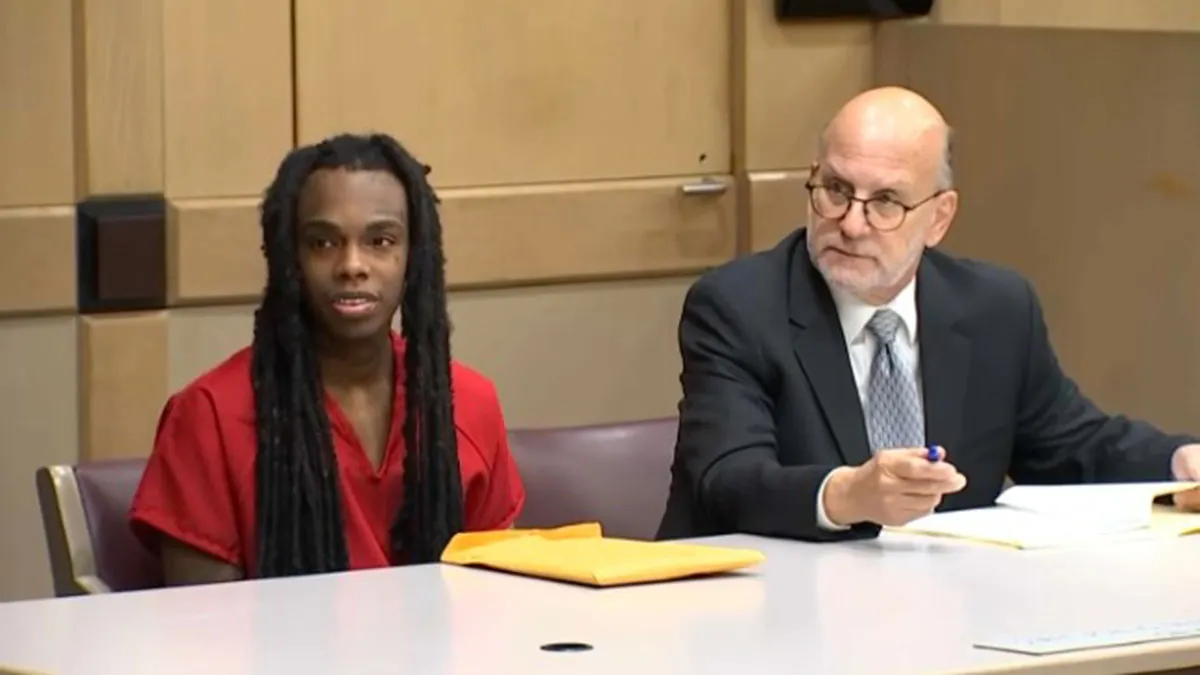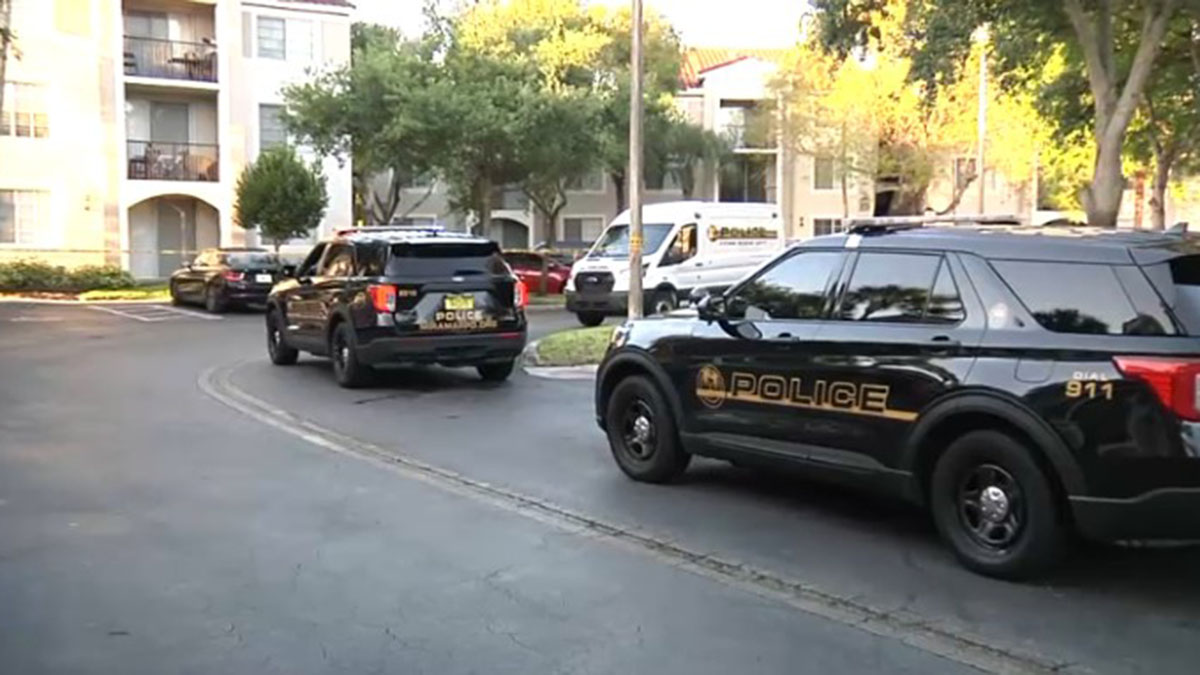Florida lawmakers couldn't find a way to provide health care coverage for the state's 1.1 million uninsured residents, but they did pass a bill that would make it illegal to dye bunnies and chicks and another that would prevent people from using food stamps at strip bars.
The Legislature ended its annual 60-day session Friday with House Speaker Will Weatherford, Senate President Don Gaetz and Gov. Rick Scott all claiming victories. Meanwhile, lawmakers didn't take $50 billion in federal money to expand Medicaid under President Barack Obama's health care overhaul because Weatherford refused to accept any federal money to help the uninsured.
"There's a long way to go, there's a lot of conversations to be had and I still think the health care debate is going to come back and it's not going to go away," Weatherford, R-Wesley Chapel, said after the session ended.
The Republican leaders, though, were praised by their peers for accomplishing other major goals, like a bill that expands early voting days and sites two years after Republicans and Scott cut early voting days, which was largely blamed for the long lines that made Florida the subject of national ridicule in the November presidential election.
Florida Legislature Passes $74.5 Billion Budget
Weatherford's priority of raising campaign contribution limits also passed the Legislature and was signed into law by Scott, whose spokeswoman said three weeks earlier that Scott "can't imagine signing a bill" that raised campaign contribution limits. The $500 limit on all races will increase to $1,000 for legislative and local races and $3,000 for statewide races.
But Scott also couldn't imagine his priorities going down in defeat. He signed the campaign finance bill and an ethics bill that was a priority for Gaetz, R-Niceville, as the Legislature finally agreed to give him a partial victory on one of his two top priorities — a sales tax exemption for manufacturers who purchase new equipment. The Republican governor wanted the 6 percent tax eliminated permanently and lawmakers approved a bill that would eliminate the tax for three years. Lawmakers also provided money for teacher raises, though it will be doled out based on teacher performance rather than across the board like Scott wanted.
Local
The ethics bill will allow the Florida Commission on Ethics to garnish wages if officials don't pay fines — many just ignored them. The commission will also be able to take complaints from the governor, Florida Department of Law Enforcement and state and U.S. attorneys and will have to post officials' financial disclosure forms online. Lawmakers won't be able to lobby any state agency for two years after leaving office and won't be able to taking new government jobs while in office.
And lawmakers accomplished all that and more while wrapping up business exactly one hour before sunset on the final day — a far cry from recent session endings that lasted deep into the night.
"I've been in this town 12, 13 years. I've never seen a House and a Senate managed better. I've never seen a session managed better," said Florida Chief Financial Officer Jeff Atwater, who is a former Senate president.
Still, the Legislature did nothing to expand Medicaid, as Scott and the Senate wanted. That, though, wasn't really mentioned by the leaders as they claimed success.
Florida House Ends Session Without Passing Sun Life Stadium Bill
Democratic Senate Leader Chris Smith did give Gaetz credit for trying.
"The Medicaid plan his chamber crafted is testament to his commitment to bipartisan cooperation. My biggest disappointment is the refusal by House Republicans to accept the Senate proposal. It was an opportunity lost for the people of Florida," Smith said in a statement issued after the session ended.
The Legislature did send Scott a bill that would make it illegal to dye bunnies, chicks and ducklings. That comes a year after the Legislature and Scott rescinded a 45-year-old ban on dyeing animals.
Lawmakers also shut down Internet cafes that offered slot machine-like games and passed a bong ban that makes the sale of marijuana pipes illegal, as well as a bill that would limit law enforcement agencies use of remotely controlled aircraft known as drones.
Other bills would make it illegal to send text messages while driving and to hold protests at funerals. Another measure would close a loophole to guard against gun purchases by people with mental illness. People who voluntarily admit themselves for treatment, then quickly check out would be put into databases to prevent them from buying guns.
Two bills were aimed at helping foster children. One would allow them to remain in foster care until they are 21 and the other Scott signed will give foster parents more freedom to make decisions for the children they take care of, such as joining sports teams and going on school field trips. Foster parents will also be able to teach teenagers in their care how to drive.
Florida Legislature Passes Bill To Extend Early Voting
Another measure bans the use of welfare recipients' electronic cash cards at "adult entertainment establishments" like strip clubs and casinos.
Lawmakers also sent Scott a bill that would require medical care for newborns who survive botched abortions. Another bill that would have banned abortions based on the race or gender of the fetus failed.
Democrats were pleased with other bills that failed, including a measure that would have allowed parents to vote on one of several turnaround options for bad schools through a petition drive. Another was a bill that would have prohibited judges from applying foreign law in state courts. Critics said there were no examples of judges doing so and it was a solution to a "phantom menace."
Another bill that died would have replaced traditional state pension plans for future hires with individual investment accounts similar to 401(k) plans. It was also opposed by Democrats.
More Local Stories:



